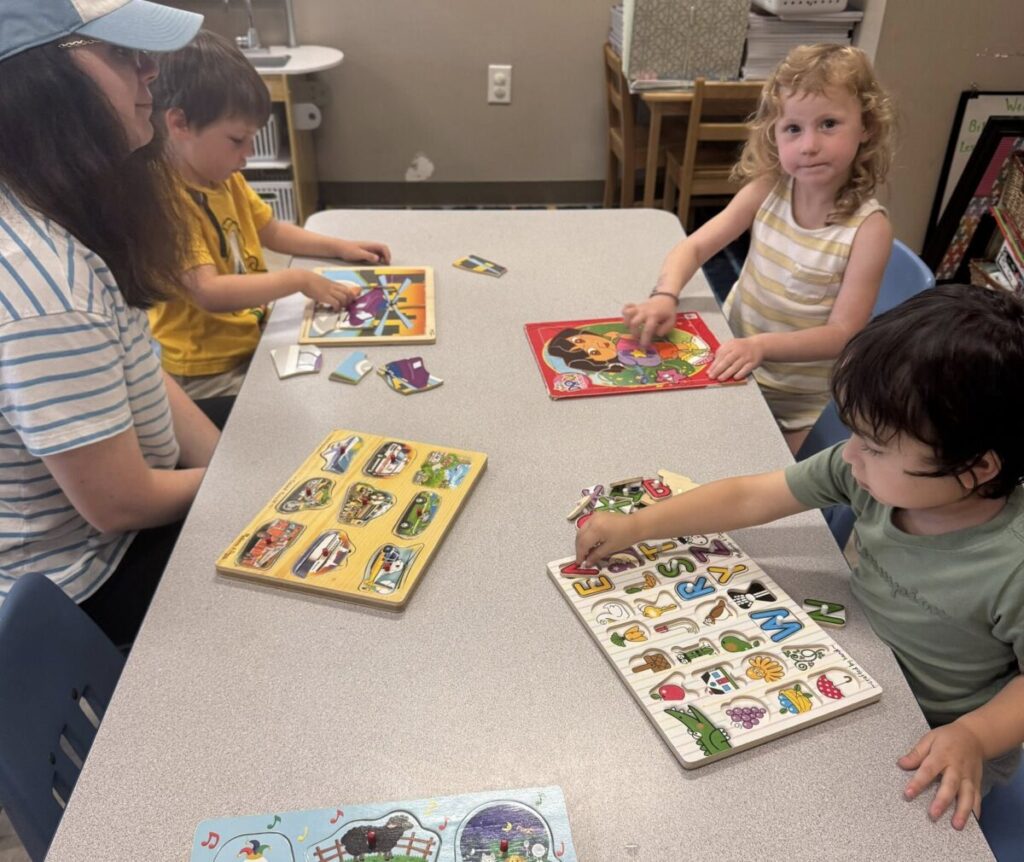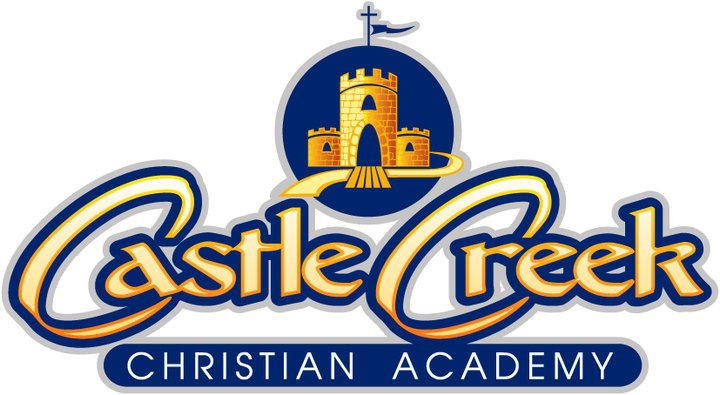Preparing for Elementary School: The Importance of a Strong Preschool Foundation
The alarm clock rings on the first day of kindergarten, and suddenly that sweet toddler who just learned to tie their shoes is walking into an elementary classroom. For many parents, this transition brings a mix of pride and quiet concern. Will they be ready? Did we do enough? The truth is, the years before elementary school matter far more than most families realize, and the foundation built during preschool often determines how smoothly children navigate their entire academic journey.
Research consistently shows that children who attend quality preschool programs enter kindergarten with stronger literacy skills, better social-emotional regulation, and more confidence in classroom settings. A comprehensive study from the National Institute for Early Education Research found that children with robust preschool experiences demonstrate higher reading and math proficiency through third grade and beyond.
The preschool years aren’t just about keeping little ones busy while parents work—they’re a critical developmental window when young minds build the cognitive scaffolding for everything that follows. At Castle Creek Christian Academy, we’ve watched countless children blossom during their preschool years, developing not just academic skills but the character and confidence that carry them through elementary school and beyond.

The Academic Readiness Advantage
When educators talk about kindergarten readiness, they’re describing much more than knowing the alphabet or counting to twenty. A strong preschool foundation encompasses pre-literacy skills like phonemic awareness, where children learn to hear and manipulate individual sounds in words. These abilities develop through playful activities that feel nothing like traditional instruction—singing rhyming songs, playing with letter sounds, and exploring picture books together. Children who enter elementary school with these foundational skills can focus on more complex learning rather than struggling with basics their peers already mastered.
Mathematical thinking also begins long before formal arithmetic instruction. Quality preschool programs introduce concepts like patterns, sorting, spatial relationships, and one-to-one correspondence through hands-on exploration. When your preschooler builds a block tower and discovers that wider bases create more stability, they’re engaging in the same problem-solving thinking they’ll need for elementary math. These early experiences create neural pathways that make abstract concepts more accessible when children encounter them in structured lessons.
Social-Emotional Skills That Last
Academic preparation matters, but the social-emotional foundation built during preschool often proves equally important for elementary success. Learning to navigate friendships, manage disappointment, follow multi-step directions, and advocate for their needs—these are the skills that help children thrive in elementary classrooms where they’re expected to work independently and collaborate with peers.
Children who attend quality preschool programs practice these competencies daily in age-appropriate contexts. They learn that everyone gets a turn, that mistakes are opportunities for growth, and that asking for help is a sign of strength rather than weakness. When these lessons are internalized during the preschool years, children enter elementary school with emotional resilience and self-regulation skills that serve them far beyond academics.
The Executive Function Connection
One of the most valuable gifts of a strong preschool foundation is the development of executive function skills—the mental processes that help us plan, focus attention, remember instructions, and manage multiple tasks. These abilities don’t fully mature until early adulthood, but the preschool years represent a particularly sensitive period for their development. Children who engage in activities that build working memory, cognitive flexibility, and impulse control during preschool show measurably better academic performance throughout elementary school.
The good news is that executive function develops through everyday preschool experiences. Following classroom routines, completing multi-step art projects, taking turns during games, and transitioning between activities all strengthen these essential skills. When children arrive at elementary school with well-developed executive function, they can manage the increased academic demands and greater independence that elementary education requires.
Cultivating a Love of Learning
Perhaps the most enduring benefit of quality preschool education is something harder to measure but impossible to overvalue—the cultivation of curiosity and a genuine love of learning. Children who experience preschool as a place of discovery, creativity, and joyful exploration carry that enthusiasm into elementary school and beyond. They see school as somewhere exciting rather than somewhere they have to go, and that mindset shift influences their entire educational trajectory.Your child’s preschool years are an investment in their future that extends far beyond kindergarten readiness.
At Castle Creek Christian Academy, we understand that building a strong foundation means nurturing the whole child—academically, socially, emotionally, and spiritually. We’d love to show you how our program prepares children not just for elementary school, but for a lifetime of learning and growth. Contact us today to schedule a tour and discover the difference a strong preschool foundation can make for your family.
